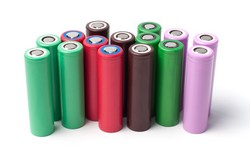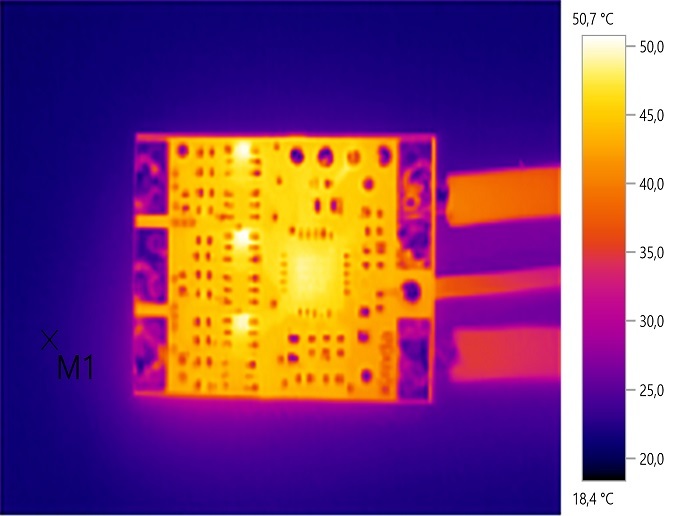Fluorides to store more energy in lithium batteries
Although lithium-ion batteries have cemented their place in a wide range of applications, current technologies are struggling to meet the demand for even better energy density. This has spurred a lot of research into electrode materials that can function in a conversion mode; in such systems, lithium undergoes a reversible electrochemical reaction with a metal oxide. Metal fluorides can be used as conversion materials in lithium-ion batteries. Within the EU-funded project FLUOSYNES (New nanosized metal oxy-fluorides: Tailored synthesis and energy storage), researchers developed new synthetic routes for the preparation of nano-sized particles of transition metal oxyfluoride with particular focus on iron- and titanium-based compounds. Using sol-gel techniques, the team studied how the fluorinating medium and the solvent concentration impact on the stability of titanium-based compounds, and then revealed the metal formation mechanism. Their study proved the complexity of titanium-based compounds and revealed how to optimise the material’s properties by tuning its composition and morphology. The team also examined iron oxyfluoride as a potential electrode material for lithium-ion batteries. Meticulous attention was devoted to the thermal decomposition of the precursor material and how this creates anionic vacancies in iron oxyfluoride. FLUOSYNES carried out research into next-generation cathode materials that should offer more capacity than today’s battery technologies.







